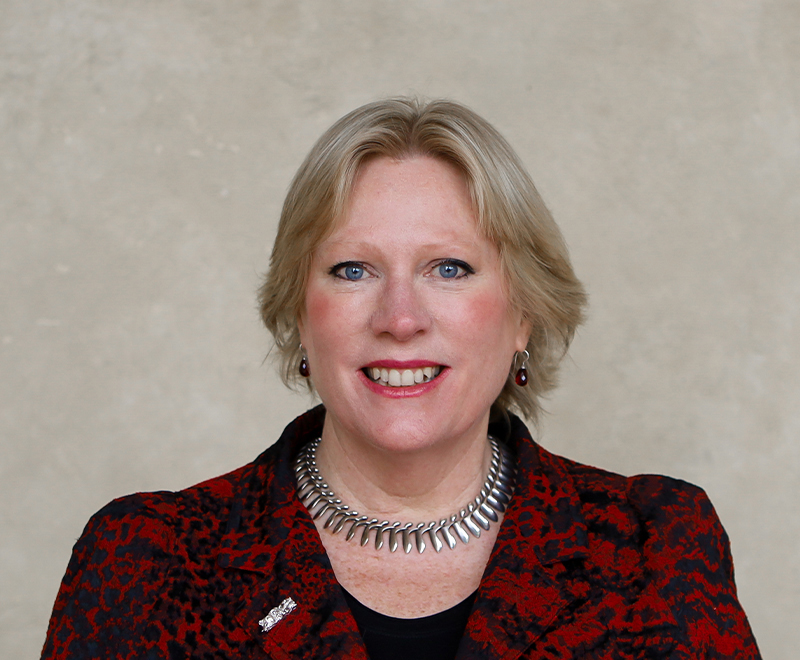
ألقت الدكتورة ديان ستون، رئيس قسم السياسات العالمية في كلية الحوكمة العالمية، التابعة لمعهد الاتحاد الأوروبي، محاضرة للطلاب في مقرر "مختبر التخصص" ضمن برنامج ماجستير السياسات العامة.

Dr. Diane Stone, Chair of Global Policy at the School of Transnational Governance, part of the European Union Institute (EUI), lectured students in the Specialization Lab course in the Master’s of Public Policy (MPP) program.
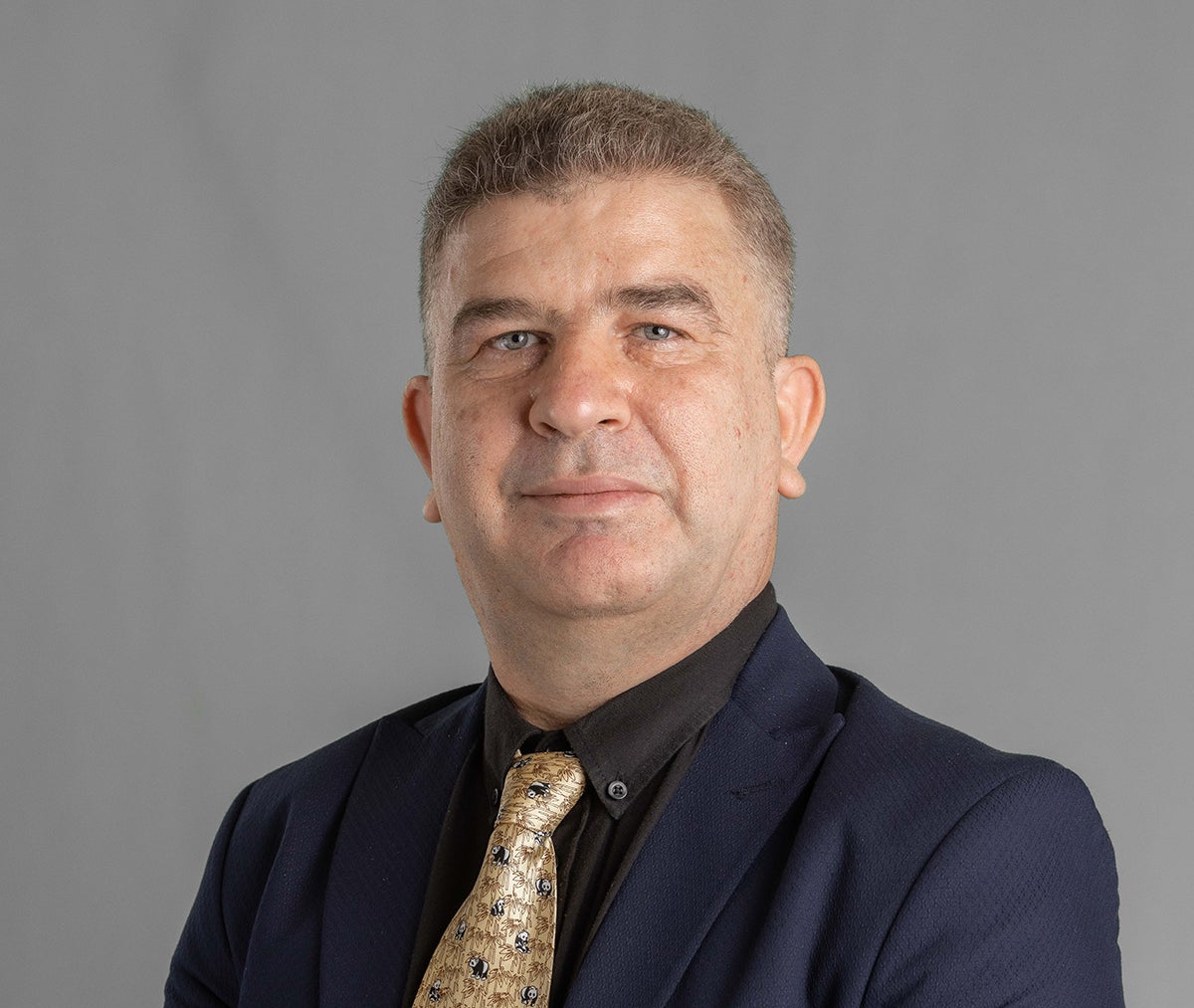
البصر أحد الحواس البشرية الخمس، ولكن التكنولوجيا شهدت تطورات كبيرة في العصر الحالي بحيث أصبحت الرؤية بدعم من تقنيات الذكاء الاصطناعي ضروريةً أيضًا للروبوتات، وقطاع البصريات، وأنظمة الرؤية الآلية، وجهود الأتمتة.
وتستفيد العديد من الصناعات من أنظمة الرؤية الآلية، بما في ذلك المركبات ذاتية القيادة، وأنشطة الأتمتة الصناعية مثل تغليف المواد الغذائية وتعبئة المشروبات؛ وعمليات تجميع أشباه الموصلات، وشركات الأدوية، بالإضافة إلى مهام الأتمتة مثل القيادة بمساعدة التكنولوجيا، والإحصاء، ومراقبة الجودة، واكتشاف العيوب.

Sight is one of the five human senses but today, technology has evolved so that artificial intelligence (AI)-enabled sight is also essential to robotics, optics, machine vision systems, and automation.
Several industries are taking advantage of machine vision systems, including self-driving vehicles, industrial automation such as food packaging and beverage bottling; semiconductor assemblies; and pharmaceutical companies, for automation tasks such as assisted driving, counting, quality control, and the detection of defects.
رؤية مقدمة من معهد قطر لبحوث الطب الحيوي

تصاب واحدة من كل ثمان سيدات في العالم بسرطان الثدي (1)؛ وبالتالي فإن معظم أفراد المجتمع في العالم يتأثرون به بشكل مباشر أو غير مباشر عن طريق مشاهدة أحباءهم يصارعون هذا المرض.
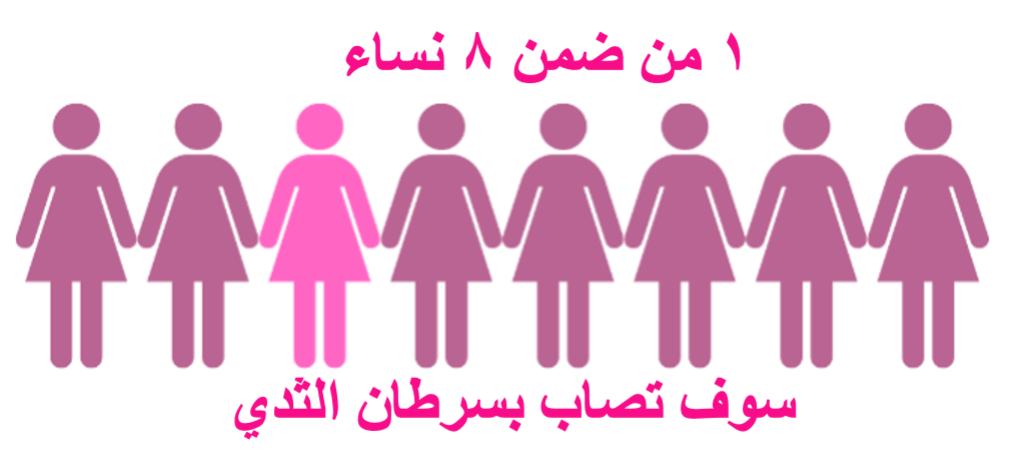

Globally, breast cancer affects one in eight women (1); thus most people in the world have been affected either directly or indirectly by witnessing loved ones fight this disease.
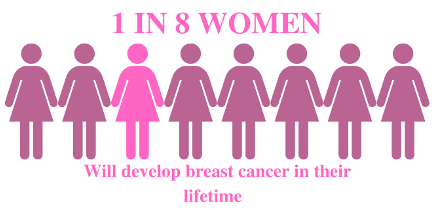
استخدام أدوات المعلوماتية الحيوية يمكن أن يسهل عملية تطبيق ممارسات الطب الدقيق في قطر
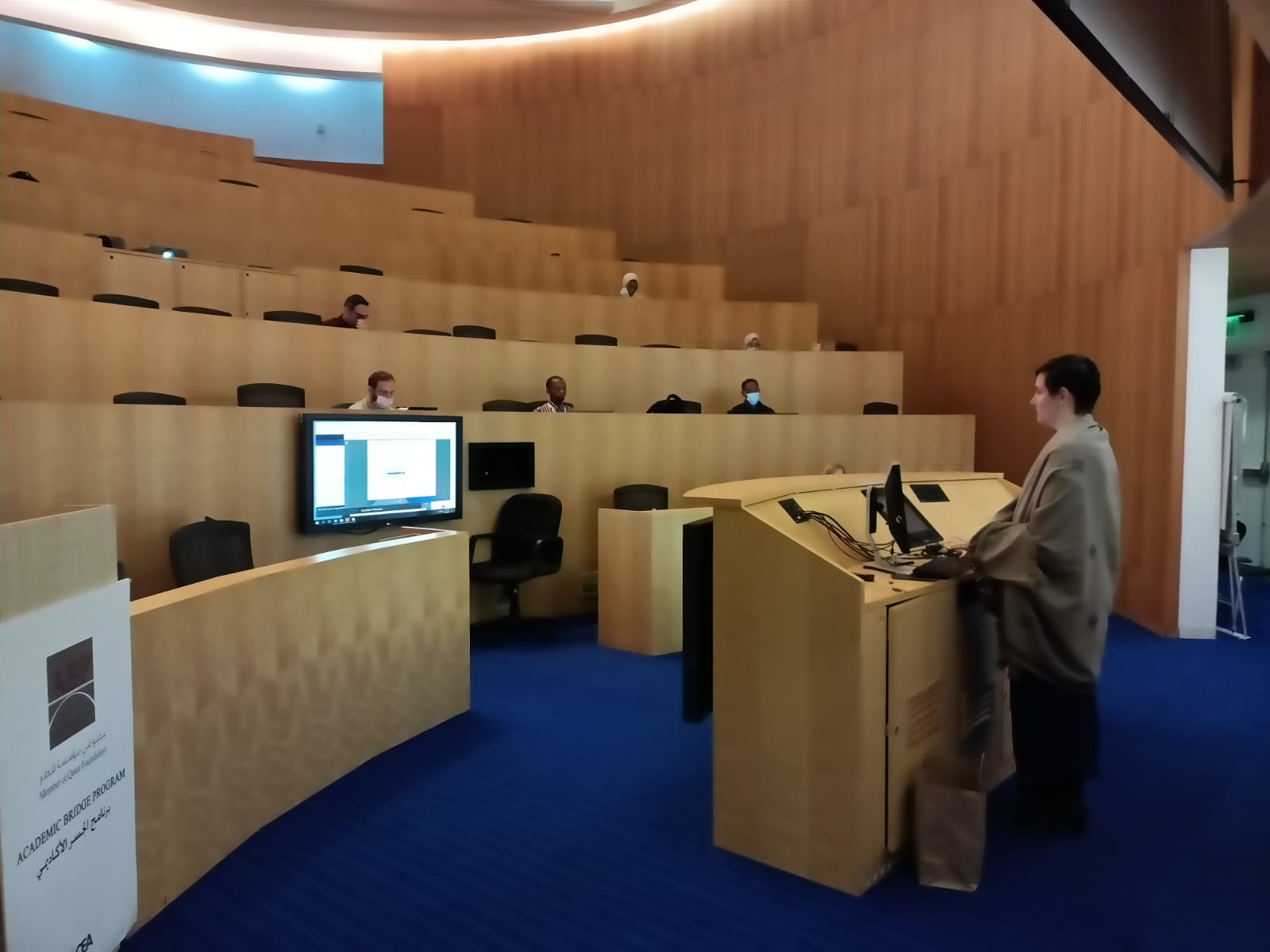
عقدت كلية العلوم الصحية والحيوية بجامعة حمد بن خليفة ورشة عمل مُعتمدة من إدارة التخصصات الصحية بوزارة الصحة العامة لتدريب الأطباء على استخدام أدوات المعلوماتية الحيوية الأساسية لتحليل وتفسير التغير الجيني في الممارسة السريرية.
وهدفت الورشة، التي عُقدت بتاريخ 9 أكتوبر، إلى تأهيل المشاركين للتعرف على أدوات المعلوماتية الحيوية الأساسية واستخدامها في تحليل المتغيرات الجينية، وتعزيز القدرة على تفسيرها في سياق سريري باستخدام قواعد البيانات والمصادر والبرمجيات المتاحة.
Use of bioinformatic tools can facilitate implementation of precision medicine in Qatar

The College of Health and Life Sciences (CHLS) at Hamad Bin Khalifa University (HBKU) delivered a CPD-accredited workshop to train physicians on essential bioinformatic tools to analyze and interpret genetic variation in clinical practice.
The workshop, which took place on October 9, aimed to equip participants to recognize basic bioinformatics tools and their exploitation to analyze genetic variation. Additionally, participants were able to interpret these variations in a clinical context using available databases, resources, and software.
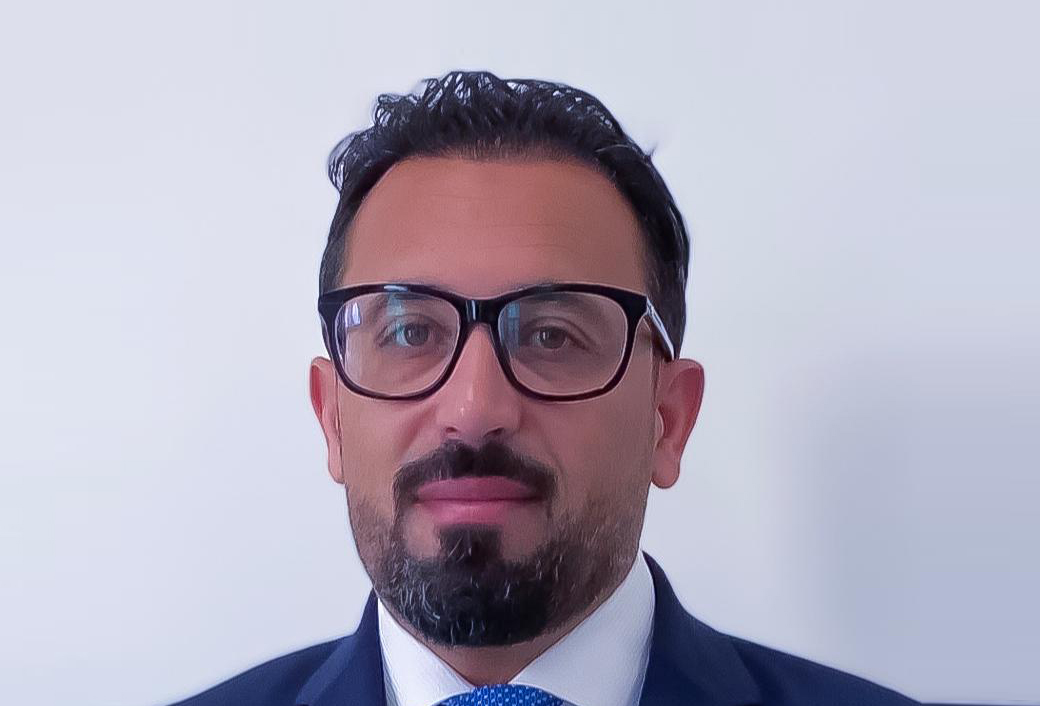
عُيّن الدكتور أنيس بن بريك، الأستاذ المشارك والمدير المؤسس لبرنامج بحوث وتقييم السياسات الاجتماعية في كلية السياسات العامة، عضوًا في المجموعة الاستشارية البحثية لصندوق الأمم المتحدة للسكان لمدة خمس سنوات.

Dr. Anis Ben Brik, associate professor and founding director of the Program for Social Policy and Evaluation at the College of Public Policy (CPP), has been appointed a member of the Research Advisory Group of the United Nations Population Fund (UNFPA) for a period of five years.